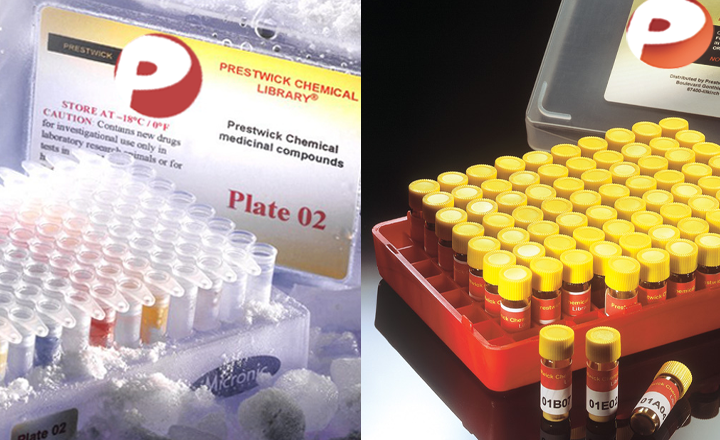Monitoring of diguanylate cyclase activity and of cyclic-di-GMP biosynthesis by whole-cell assays suitable for high-throughput screening of biofilm inhibitors
Antoniani D, Bocci P, MacIa̧g A, Raffaelli N, Landini P
Applied Microbiology and Biotechnology - vol. 85 1095-1104 (2010)
Applied Microbiology and Biotechnology
In Gram-negative bacteria, production of bis-(3′,5′)-cyclic diguanylic acid (c-di-GMP) by diguanylate cyclases (DGCs) is the main trigger for production of extracellular polysaccharides and for biofilm formation. Mutants affected in c-di-GMP biosynthesis are impaired in biofilm formation, thus making DGCs interesting targets for new antimicrobial agents with anti-biofilm activity. In this report, we describe a strategy for the screening for DGC inhibitors consisting of a combination of three microbiological assays. The primary assay utilizes an Escherichia coli strain overexpressing the adrA gene, encoding the DGC protein AdrA, and relies on detection of AdrA-dependent cellulose production as red colony phenotype on solid medium supplemented with the dye Congo red (CR). Presence of DGC inhibitors blocking AdrA activity would result in a white phenotype on CR medium. The CR assay can be performed in 96-well microtiter plates, making it suitable for high-throughput screenings. To confirm specific inhibition of c-di-GMP biosynthesis, chemical compounds positive in the CR assay are tested for their ability to inhibit biofilm formation and in a reporter gene assay which monitors expression of curli-encoding genes as a function of DGC activity. Screening of a chemical library using the described approach allowed us to identify sulfathiazole, an antimetabolite drug, as an inhibitor of c-di-GMP biosynthesis. Sulfathiazole probably affects c-di-GMP biosynthesis in an indirect fashion rather than by binding to DGCs; however, sulfathiazole represents the first example of drug able to affect biofilm formation by interfering with c-di-GMP metabolism.


